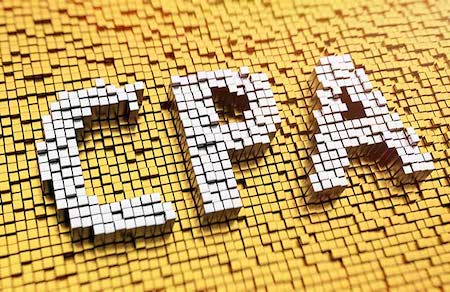
The CPA exam is always evolving to stay current with the fast-changing accounting and finance landscape. With new technologies, regulations, and business practices shaping the field, the exam has to adjust so that future CPAs have the skills and knowledge they will need. Lately, there is been a lot of talk about potential updates to the exam, with much of the focus coming from shifts in the industry and what modern businesses now require from CPAs.
One of the biggest areas being discussed is technology, especially data analytics. Since businesses are using larger and larger datasets and relying more on advanced software for making decisions, CPAs need to understand how to work with these tools. This could mean more exam questions focused on analyzing data, spotting trends, and using tech to make informed decisions. The AICPA has already signaled that data analytics will be more prominent in future versions of the exam, and we will likely see specific sections dedicated to testing how well candidates can use these systems and apply the results in real-world business scenarios.
Alongside tech, there is also a growing focus on sustainability and Environmental, Social, and Governance (ESG) issues in business. Sustainability accounting, which involves integrating environmental and social impacts into financial reporting, has become more important as businesses face increased pressure to be transparent about their practices. This push will likely bring sustainability accounting into the CPA exam, ensuring that candidates understand how to measure and report on a companys environmental and social performance. With regulations around sustainability reporting growing, future CPAs will need to be ready to handle these requirements.
The way the exam tests critical thinking and problem-solving skills may also change. The role of a CPA has expanded beyond just managing finances or taxes to include being a trusted business advisor. As a result, the exam may start including more case studies and scenario-based questions that require candidates to apply their knowledge in practical, real-world settings. This approach would go beyond just testing technical skills and also assess how candidates can think critically and solve complex problems.
On top of these technical skills, there is also a growing recognition of how important soft skills like communication, leadership, and ethics are in the CPA profession. CPAs work closely with clients, colleagues, and stakeholders, so strong communication and ethical decision-making are essential. Future versions of the exam might include questions that test how well candidates can explain financial information or make ethical choices. Written communication tasks or situational judgment tests could be used to assess these skills.
As the accounting profession evolves, the CPA exam will have to change with it. Increased focus on technology, sustainability, critical thinking, and soft skills reflects the expanding responsibilities of modern CPAs. For future candidates, staying on top of these changes is crucial to being prepared for the challenges that come with todays accounting landscape.
